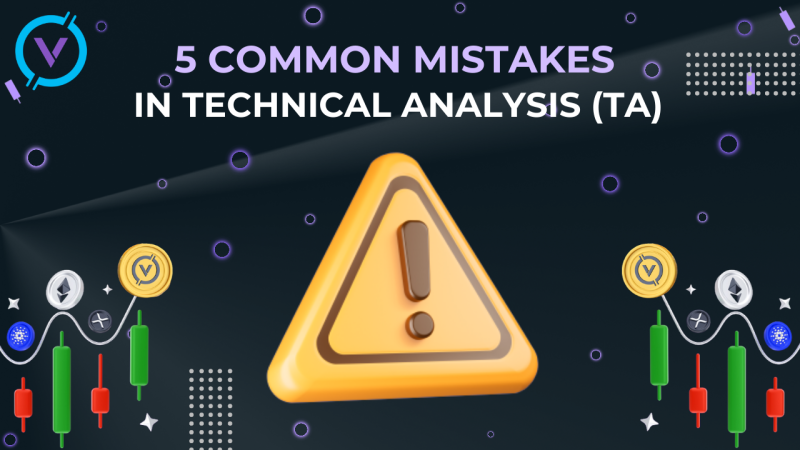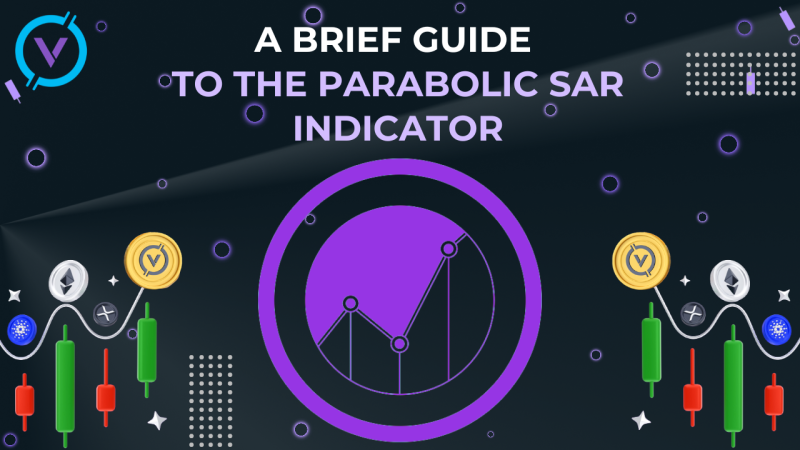Bitcoin is a peer-to-peer payment system and the unit of account of the same name.
Bitcoin cryptocurrency: what is it?
The abbreviation for the currency is BTC.
Bitcoin is the first and perhaps the most well-known cryptocurrency. Bitcoins can be used to pay for goods and services from those sellers who are willing to accept such cryptocurrency. It is usually considered a commodity or an investment asset. Sometimes Bitcoins are recognized as a means of payment (but it is up to the seller to decide whether to accept them).
Bitcoins are exchanged for regular money (through online digital currency exchange services, other payment systems, exchange offices).
1 bitcoin is divided into 100 million parts - satosh. The system has a limit of 21 million units.
What makes bitcoin different from other money?
- There is no external control of the network. There is no administrator. No state has the right to influence the system or control the issue of bitcoins. No one can block it, change the number of bitcoins, or freeze an account.
Accessibility. All you need is a basic client program. - Absolute transparency of payments. All payment histories are stored in the system and cannot disappear. You can check them at any moment.
- It is possible to pay anonymously. Address - 34 characters (lower and upper case letters, as well as numbers). According to this data, no one can calculate the true owner of bitcoins.
- Powerful protection. It is hardly possible to crack the network. Every day its reliability is increasing.
Why was Bitcoin invented?
The developers wanted to create a system of guaranteed irreversible transactions, the kind of transactions that are unrealistic to undo. It was planned to exclude the influence of authorities, state bodies and specific individuals on this system.
Who created Bitcoin and when?
In 2008, a certain Satoshi Nakamoto published a description of the protocol and basic principles of the new payment system. The client program code was finally approved in 2009.
It is unknown who is hiding under the pseudonym Satoshi Nakamoto. Among the "suspects" were:
- Craig Steven Wright, an encryption specialist from Australia;
- Michael Clair (a graduate of Trinity College in Dublin), Vili Lehdonvirt from Finland;
- Marty Malmy, also a Finn;
- Jed McCaleb of Japan, the band - Neil King, Vladimir Oxman and Charles Bry;
- the tandem of Donal O'Mahony and Michael Pierz;
- Japanese-American Dorian Satoshi Nakamoto, who lives in California.
All of them deny any connection to Bitcoin.
How do you get bitcoins?
To do this, you have to perform complex calculations to guarantee the next transaction. The process is called "mining". The task of a "calculator" (miner) is to record all the operations in 1 block after the previous one has appeared and to protect it with a cryptographic signature.
A new block is created on the basis of the previous one. Therefore, it is impossible to return a monetary unit and counterfeit bitcoins are excluded from the system. The chain of blocks is called a blockchain.
About how the Bitcoin system works
You can pay for a product or service via a wallet program on your computer or smartphone. It is necessary to enter the bitcoin address of the recipient, the amount, and click "Send". Many wallets read addresses as QR codes.
To create a bitcoin address, confirm the transaction, put a digital signature, encrypt the correspondence, use keys. A user can generate as many pairs of keys as he wants. The open one "weighs" 512 bits and the closed one 256 bits.
Bitcoin sender can voluntarily charge a fee for transaction processing - it speeds up the payment. Right now, 1 transaction takes anywhere from 1 to 14 hours to process.


